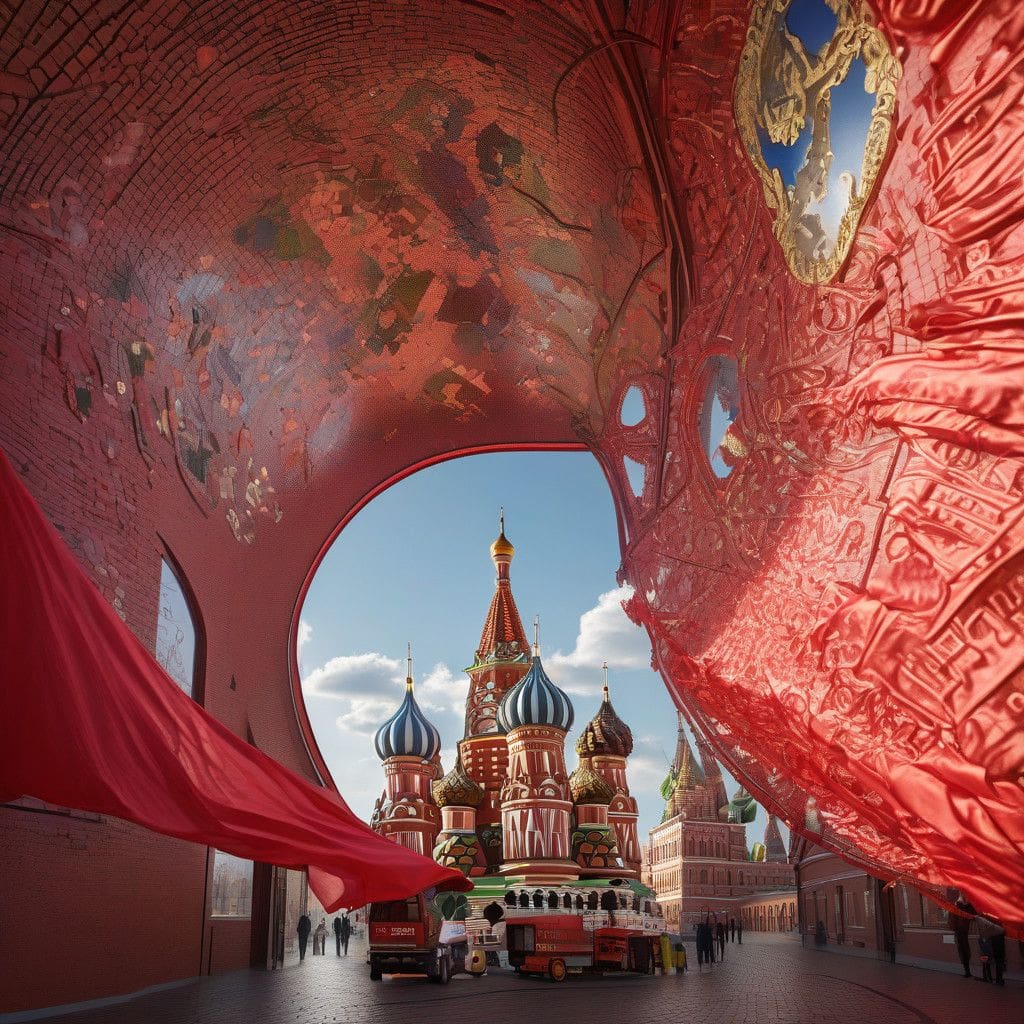As political tensions rise and legal pressures escalate within Russia, the Kremlin is making a substantial push to have Google reverse its YouTube ban on Russian state media. This action follows the blocking of over a thousand Russian channels and the removal of more than 5.5 million videos from the platform, including state-funded media, after Google ceased advertising services in Russia following the invasion of Ukraine in 2022.
The Russian government’s legal actions against Google have mounted significantly. They encompass claims from 17 Russian television channels that have led to fines against the tech giant. Automated calculations suggest these fines may have reached astronomical figures, reportedly in the “undecillions,” a term used by Russian media to convey the notion of an exceedingly large number. Dmitry Peskov, a spokesperson for the Kremlin, described this figure as more symbolic than concrete, yet accentuated the need for Google to recognize the seriousness of the ongoing legal pressures and reconsider its current stance towards restricting Russian broadcasters.
The implications of this situation are profound. A significant component of the Kremlin’s argument hinges on the assertion that these restrictions undermine the operations and rights of their national broadcasters. Russian officials are optimistic that the substantial financial liabilities presented by legal claims will incentivize Google to reinstate access to Russian media content on its platform.
Currently, Google has refrained from publicly commenting on the Kremlin’s demands. However, the tech company finds itself at a pivotal juncture where it must balance corporate principles with international pressures and legal requirements. The decision to block Russian state media was predicated on compliance with international sanctions and a commitment to curbing disinformation; however, it also opens a dialogue on the responsibilities of digital platforms faced with similar dilemmas.
The block on Russian state media is indicative of a broader trend that reflects the increasing involvement of tech companies in geopolitical issues. Platforms like YouTube might find themselves thrust into the role of information gatekeepers, a dynamic that raises questions about freedom of expression, censorship, and the control of information on digital platforms. Russian officials argue that the current limitations inhibit the public’s right to access a diverse range of news sources, effectively undermining freedom of expression within their borders.
The legal landscape is continuously shifting, highlighting the tension between national sovereignty and global digital governance. The actions taken by the Kremlin against Google could set a precedent for how other nations might respond to the platform’s measures against state-controlled media. The situation calls into question the impact of digital platforms on national narratives and the reach of international law in regulating content that intersects with national security concerns.
As this situation evolves, the tech industry is watching closely. Companies like Google must navigate the murky waters of ethical responsibility, corporate governance, and regulatory compliance. With rising tensions globally, the challenge lies in maintaining a balance between corporate interests and the broader implications of their operational decisions.
How Google responds to these pressures may well determine not only the fate of its operations in Russia but also influence the company’s policies regarding governmental interference in media access. The response could shape public perception of tech giants as both power players in the global arena and vulnerable entities intertwined in complex international relations.
In conclusion, the Kremlin’s request for Google to reconsider its stance on Russian state media emphasizes not just the pivot of media freedom in Russia, but also the larger implications regarding digital governance and the role of tech companies on the global stage. As scrutiny of such platforms increases, their role as arbiters of information becomes ever more significant in geopolitical affairs.












